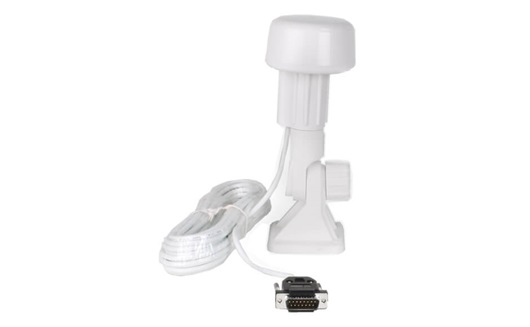Importance of the GPS Antenna
The global positing system is one of the most used technologies in the modern world. So many people rely on the network for either satellite navigation or time synchronisation. The majority of road users now rely on some form of GPS or mobile phone navigation, and professional drivers are almost completely reliant on them.
And its not just navigation that GPS is useful for. Because GPS satellites contain atomic clocks—it is the time signals these clocks put out that are used by satellite navigation systems to accurately work out positioning—they are used as a primary source of time for a whole host of time sensitive technologies.
Traffic lights, CCTV networks, ATM machines and modern computer networks all need accurate sources of time to avoid drift and to ensure synchronicity. Most modern technologies, such as computers, do contain internal time pieces but these are only simple quartz oscillators (similar type of clock as used in modern watches) and they can drift. Not only does this lead to the time slowly becoming inaccurate, when devices are hooked up together this drifting can leave machines unable to cooperate as each device may have a different time.
This is where the GPS network comes in, as unlike other forms of accurate time sources, GPS is available anywhere on the planet, is secure (for a computer network it is received externally to the firewall) and incredibly accurate, but GPS does have one distinct disadvantage.
While available everywhere on the planet, the GPS signal is pretty weak and to obtain a signal, whether for time synchronisation or for navigation, a clear view of the sky is needed. For this reason, the GPS antenna is fundamental in ensuring you get a good quality signal.
As the GPS antenna has to go outdoors, it’s important that it s not only waterproof, able to operate in the rain and other weather elements, but also resistant to the variation in temperatures experienced throughout the year.
One of the leading causes of GPS NTP server failure (the time servers that receive GPS time signals and distribute them around a network using Network Time Protocol) is a failed or failing antenna, so ensuring you GPS antenna is waterproof, and resistant to seasonal temperature changes can eliminate the risk of future time signal failures.
